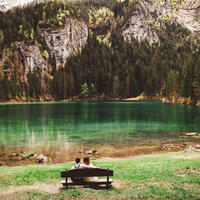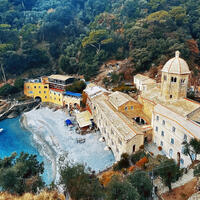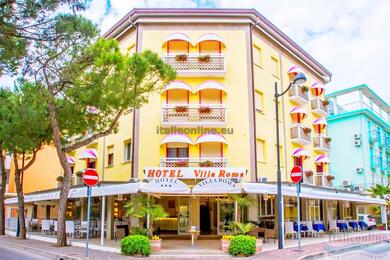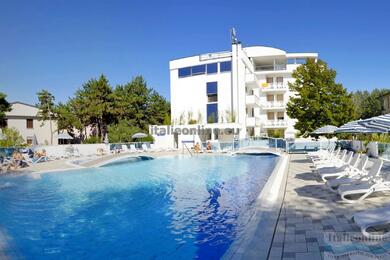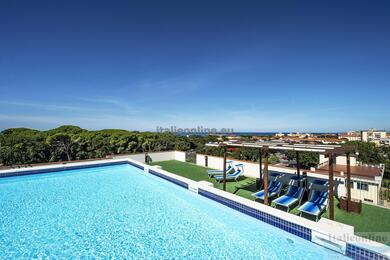San Leo is a small town in the Italian region of Emilia-Romagna. It lies on top of a cliff in the province of Rimini, giving it a strategic location and unforgettable panoramic views of the surrounding countryside. Despite its small size, San Leo is of great historical and cultural importance.
History and cultural heritage
San Leo has a long and varied history that dates back to Roman times. During the Middle Ages the town played a key role in the struggle between powerful Italian families. Its fortress, the Rocca di San Leo, was an impregnable stronghold that hosted many notables, including Emperor Frederick Barbarossa and Pope Gregory VII. The fortress was also famous as a prison where the famous alchemist and adventurer Cagliostro was imprisoned and eventually executed in the 18th century.
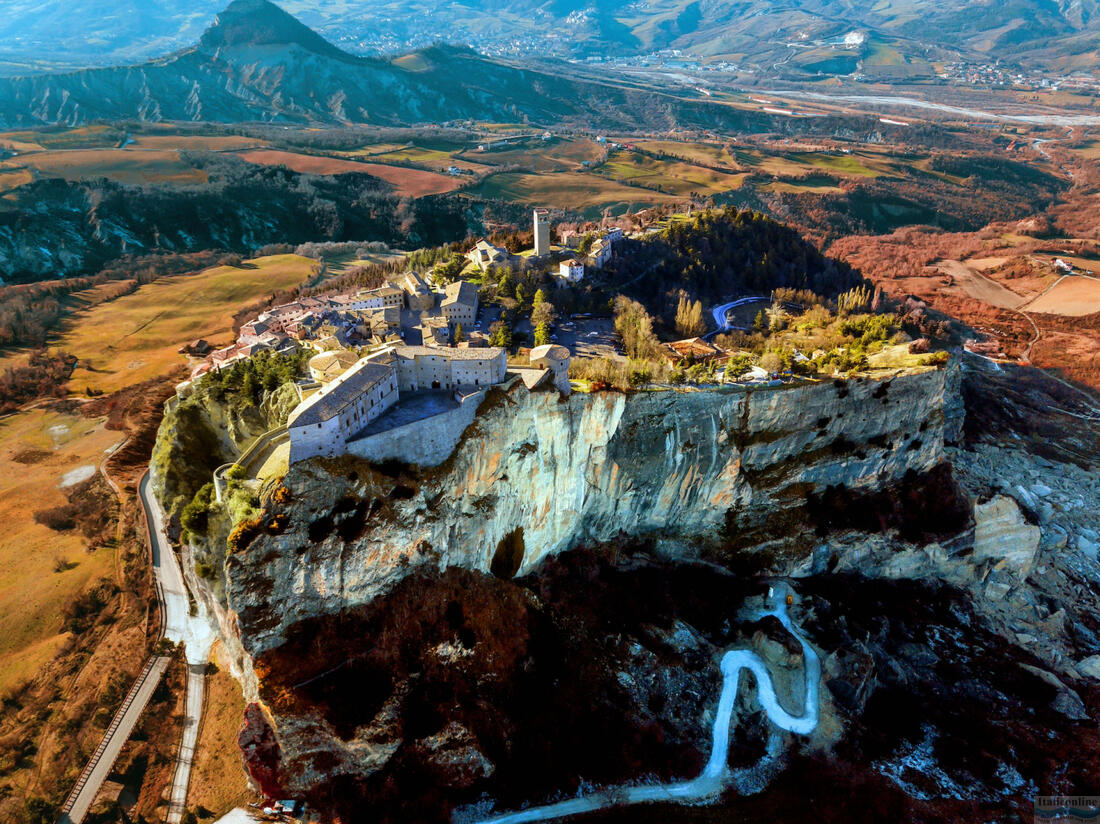
Legend of Cagliostro
Count Alessandro di Cagliostro (proper name Giuseppe Balsamo), was an Italian alchemist and adventurer who rose to fame in the 18th century. His life was full of mystery, intrigue and scandal, and he is still considered one of the most enigmatic figures of his time. Cagliostro was associated with various magical practices and charlatanism.during his lifetime, Cagliostro was involved in various scandals, including the famous diamond necklace case that rocked the French court.
Cagliostro was eventually arrested by the Inquisition in 1789 when he attempted to expand his secret society of Freemasons in Italy, in violation of Church law. He was accused of heresy and other crimes and sentenced to death, but the sentence was later commuted to life imprisonment.
After his arrest, he was taken to the fortress of Rocca di San Leo, which was considered one of the safest in all of Europe. In this fortress, in a cell called "Cagliostro's cell," he spent the rest of his life in complete isolation. The cell was designed to make escape impossible. It was located high in the tower of the fortress, with only one small window.
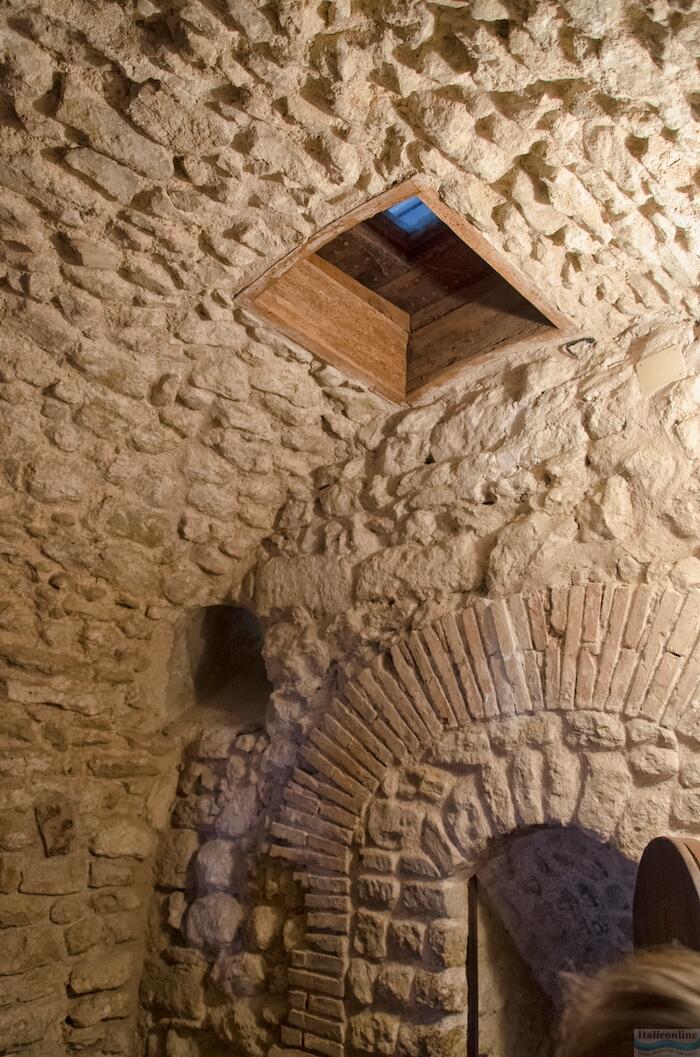
Architecture and monuments of San Leo
San Leo is home to several important historical buildings that testify to its rich past. The main monuments include:
-
Rocca di San Leo: This imposing fortress dominates the town and offers breathtaking views of the surrounding countryside. Its silhouette has become a symbol of San Leo and you can see exhibitions dedicated to the history of the fortress and its famous prisoners.
-
San Leone Cathedral: This Romanesque cathedral is one of the oldest and most important religious buildings in the region.
-
Pieve di Santa Maria Assunta: This ancient basilica, built in the 9th century, is an excellent example of early Christian architecture. Its interior is decorated with beautiful frescoes.
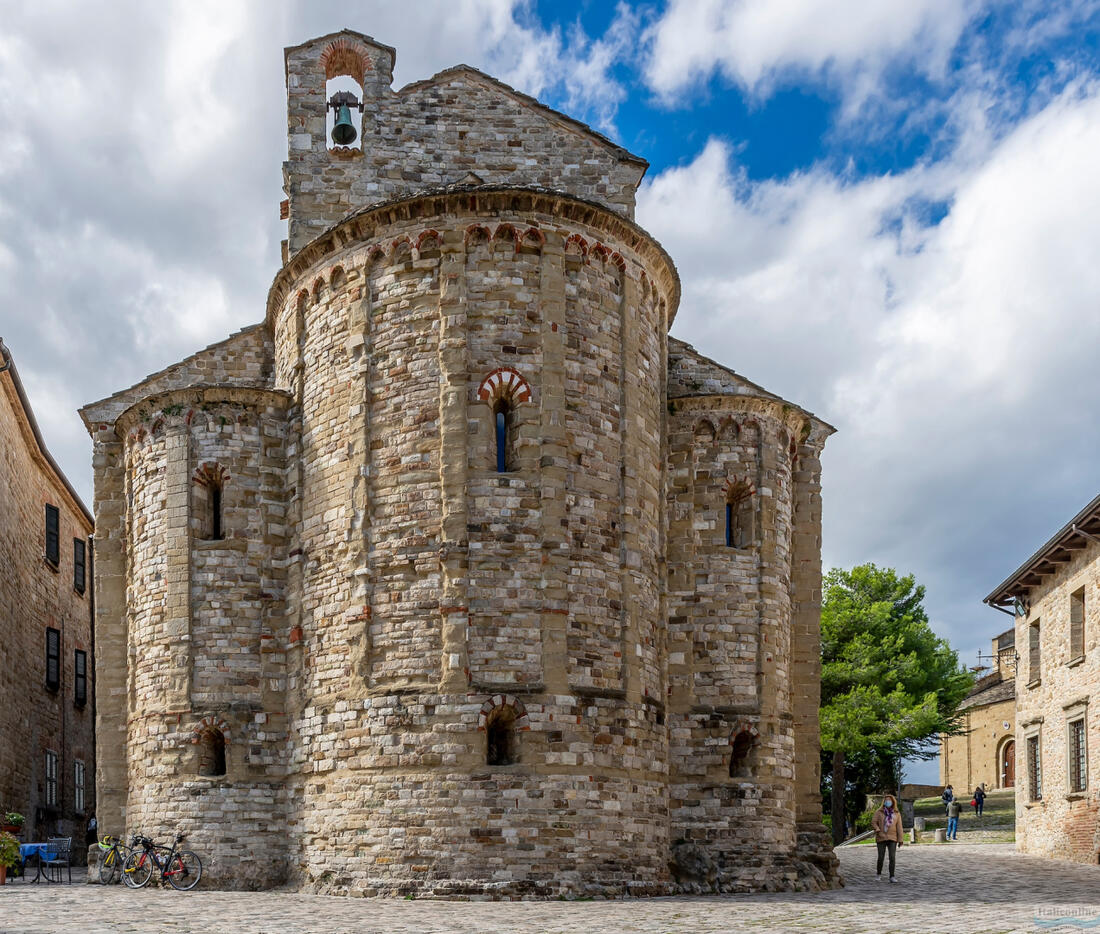
Gastronomy
The local cuisine, which draws on the rich traditions of the Emilia-Romagna region, offers the opportunity to taste authentic dishes prepared with fresh local ingredients. Traditional dishes such as piadina (thin bread stuffed with various ingredients) and cappelletti (stuffed pasta) are just some of the delicacies that can be tasted in the local restaurants.
San Leo and Dante Alighieri
San Leo also has an interesting connection with one of Italy's most important poets and the creator of the famous Divine Comedy, Dante Alighieri. San Leo is mentioned in the Divine Comedy, specifically in the Purgatorio section, where Dante describes the journey of souls being cleansed of their sins before entering paradise. San Leo is mentioned here as a symbol of an inaccessible and difficult to reach place.
San Leo is the ideal destination for those seeking a combination of history, culture and nature. Its location close to tourist centres such as Rimini allows easy access, yet retains a peaceful and authentic character. For hikers and nature lovers, the surrounding countryside is full of trails and routes that lead past olive groves, vineyards and historic villages.


